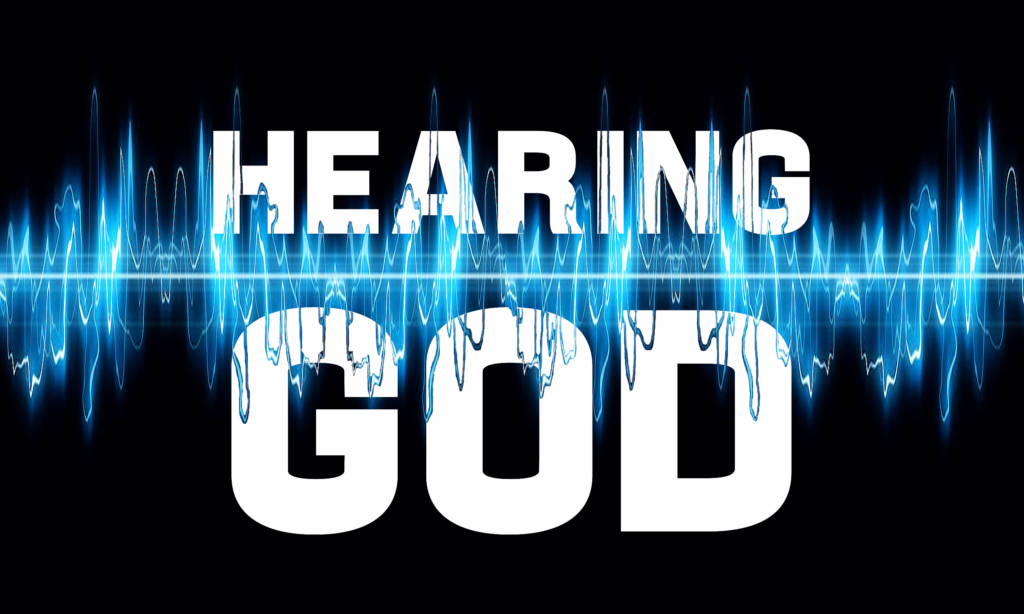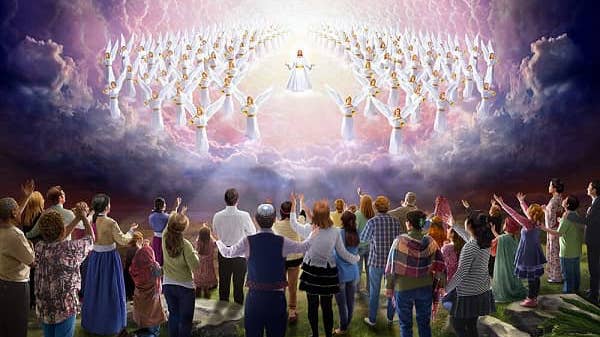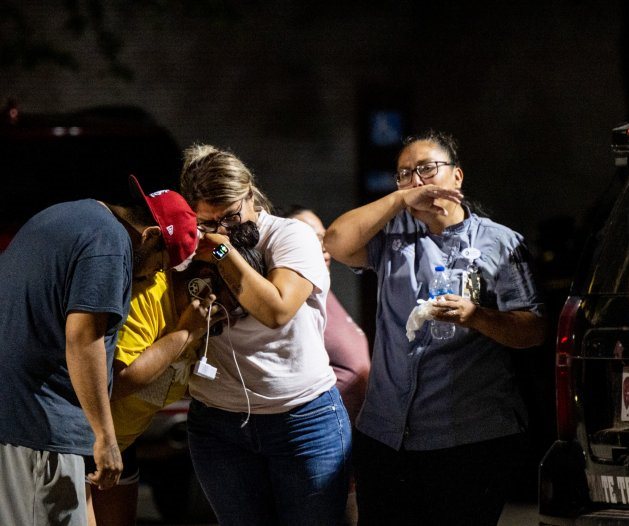“Follow the way of love and eagerly desire spiritual gifts, especially the gift of prophesy. For anyone who speaks in a tongue does not speak to people, but to God. Indeed, no one understands him; he utters mysteries with his spirit. But everyone who prophesies speaks to people for their strengthening, encouragement, and comfort.” ~1 Corinthians 14:1-3
What do you do when that person shows up and says, “I have a word for you from the Lord?” You didn’t expect it, you weren’t asking for it, but a brother or sister in Christ says, “God told me to tell you…” or “God put it on my heart to say…” How do you discern the word they heard? Let me suggest four questions to ask about the message this well-meaning Christian gives you. How do you know if it’s really from God?
Well, does it lift up Jesus as Lord? The Holy Spirit of Christ will always point to the lordship of Christ.
“No one who is speaking by the Spirit of God says, ‘Jesus be cursed,’ and no one can say ‘Jesus is Lord’ except by the Holy Spirit.” ~1 Corinthians 12:3
Remember, there’s more than one voice out there seeking your attention. Any word from anyone that diminishes Jesus or questions his deity or his humanity, any word that reduces the sufficiency of his atonement, any word that questions his uniqueness as the one and only way to the Father – that message is not from God. The voice of God will always exalt his Son as Lord.
Does it hold up Jesus’ Gospel of grace? This is a very important question. Some people want to share words of encouragement or teaching with you, but these words speak to a form of legalistic slavery. The church in Galatia was being upset and divided by a word that was confirming Jesus as Lord, but was also wanting to add circumcision to the Gospel. Any news that undermines the Good News of grace and freedom in Christ, any news that puts an emphasis on human works and rules over freedom and grace in Jesus – that is not from God.
Does it flow from a Christ-like life? No matter how gifted the person might be, the Bible never exalts giftedness over character. A person who hears and speaks words from Jesus should bear the fruit of Christ in his or her own life.
“Watch out for false prophets… By their fruit you will recognize them… A good tree cannot bear bad fruit, and a bad tree cannot bear good fruit.” ~Matthew 7:15-17
If someone tells you they’ve got a word from the Lord for you, and your first thought is, “I don’t know about that,” because of the kind of person he or she is, you’re on to something. If that person is a known liar or a gossip, if that person is a busybody or lacks self control, if that person is divisive or ungrateful, that person is not speaking for our God.
Finally, does it build up the Body of Christ? Remember, prophesy is given to us by God to strengthen, encourage, and comfort his people, the Church. Prophesy is not about discovering the mysteries of the end times or predicting the future. It’s not for judging or condemning anyone. It’s intended by God to build up disciples of Jesus. So any words that discourage, insult, criticize, or divide should not be excused with the “God told me” trump card. And they shouldn’t be considered as potentially from the Lord.
“Do not let any unwholesome talk come out of your mouths, but only what is helpful for building others up according to their needs, that it may benefit those who listen. And do not grieve the Holy Spirit.” ~Ephesians 4:29-30
Interesting, huh? 1 Thessalonians 5:19-21 says you’re quenching the Spirit when you tell people they can’t speak words from God. Ephesians 4 says you grieve the Spirit when you speak words that are ugly or hurtful and claim that God gave them to you.
We need to take care of God’s gifts. And the Bible says one of his greatest gifts is prophesy.
Peace,
Allan






Recent Comments